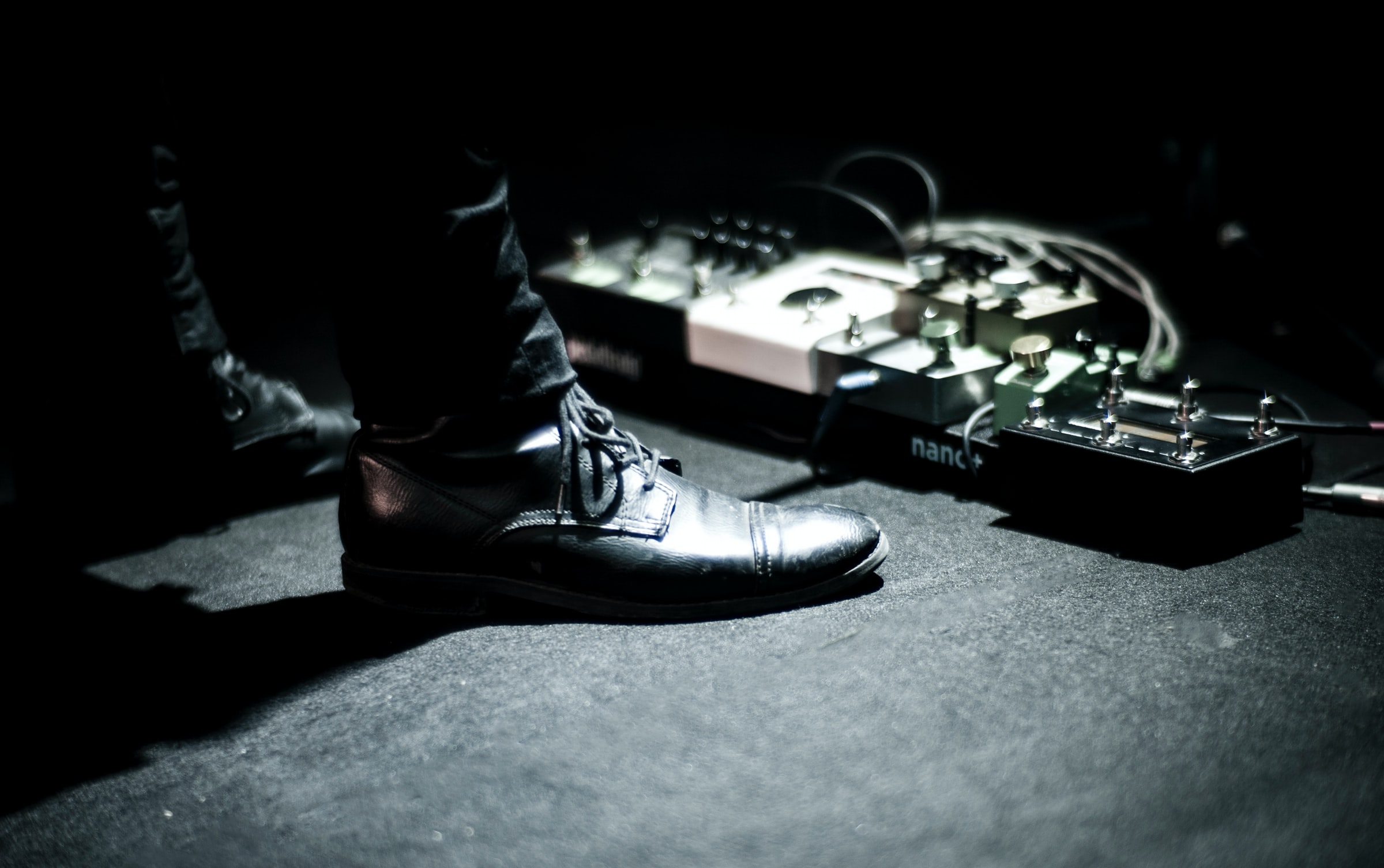
At times like these, it’s easy to forget that there are ailments out there other than COVID-19. That’s not to make light of the current situation but just being real.
In this article, we’ll discuss a condition known as GAS, which can hit any guitarist at any time in their career. We’ll provide a definition, outline the symptoms, and point towards a possible cure.
Stay safe out there!
What is Gear Acquisition Syndrome?
GAS, also known as Gear Acquisition Syndrome or Guitar Acquisition Syndrome, is a chronic and progressive condition that hits many guitarists if they play for long enough.
As the name implies, the afflicted guitarists find themselves unable to resist the temptation of buying more and more music gear. No amount of guitars, amplifiers, or effect pedals seem to satiate their hunger for more.
What Are the Symptoms of GAS?
One of the first symptoms you might experience is a lack of space. The gear fills up your studio, your man-cave, your living room, and eventually infringes on the personal space of your family. It can lead to numerous complaints from your cohabitants and silence at the dinner table.
But the lack of space also extends to your professional life. As the number of effects pedals increase and your pedalboard extends, you may find that your bandmates complain about a lack of space in the rehearsal room or on stage.
You could, of course, just get rid of the bass player.
But since GAS is a progressive condition, you’ll soon find that you may have to ditch another band member as well. For this very reason, chronic sufferers of GAS often end up as solo acts.
Many GAS-afflicted guitarists also develop an unhealthy relationship with music gear. They’ll be on a first-name basis with all members of staff at their local gear shop.
They may even touch some of the gear inappropriately when staff members are looking away. Fortunately, music gear support groups have sprung up across the country to help alleviate some of the trauma the various instruments and pedals have gone through.
Is There a Cure for GAS?
It can be difficult, but not Impossible, to manage GAS. As you learn more about music gear, by reading blogs like this one, your fascination with it will grow along with your desire to acquire it.
The trick is to master each piece of equipment you buy.
It’s tempting to purchase a piece of gear, play around with it for a while, and then get distracted by another device with even cooler effects.
Resist the temptation. Think about your existing gadgets. What would they think?
It’s not worth it… (yet).
Here are some real, practical tips for managing your GAS:
Pick a gadget you already have and make an entire song using just that. You’ll realize how much can actually be accomplished with just one piece of music gear.
Read the manual that came along with your gear. Yes, I know you don’t like reading manuals. No one does. But maybe there’s a feature you didn’t know about.
Watch video tutorials on gear you own. It’s a great alternative to reading the manual and you might discover new and cool functions.
Listen to music that is simple so you don’t get sucked into the world of gear. Think about how much can be accomplished with just an acoustic guitar.
Use your gear in new and unusual ways. Run your vocals through the amp or effect pedal. Run your guitar through vocal effects. You get the idea.
Once you get a bit creative with your existing gear, you’ll quickly find that it’s not necessary to acquire new gadgets. You already have everything you need.
You Will Overcome
This advice might sound odd coming from a company that sells music gear for guitarists. But we really do have your best interests at heart, which is why we advocate self-control.
That said, there really isn’t any equal to Roadie 3 or Roadie Bass out there. No other piece of gear can tune, retune, and restring your guitar or bass like them.
That’s good news for anyone with GAS. The purchase of one effects pedal quickly leads to another, but there is only one automatic guitar tuner.


